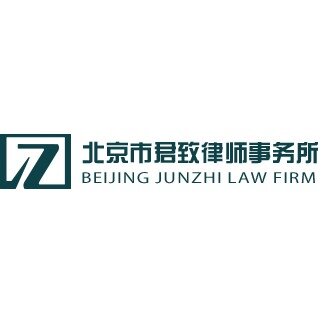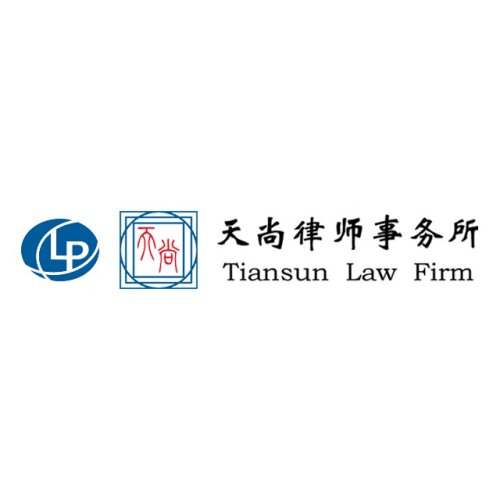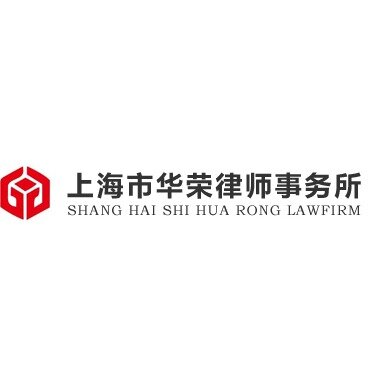Best Wrongful Termination Lawyers in China
Share your needs with us, get contacted by law firms.
Free. Takes 2 min.
Or refine your search by selecting a city:
List of the best lawyers in China
About Wrongful Termination Law in China
Wrongful termination in China is primarily governed by the Labor Contract Law, which aims to protect workers from unjust job dismissals. The law stipulates the conditions under which an employer can legally terminate an employee and the obligations they must fulfill before doing so. Wrongful termination occurs when an employer dismisses an employee in violation of these legal requirements, without due cause, or in a manner contrary to contractual terms. This framework is designed to ensure fairness and accountability in the workplace, providing employees with the right to seek redress if they are wrongfully terminated.
Why You May Need a Lawyer
Individuals may require legal assistance in wrongful termination cases for several reasons. Firstly, navigating the complexities of the Labor Contract Law can be challenging, and a lawyer can help interpret these regulations. Secondly, if an employer's actions seem unjust or if the employee believes the termination was discriminatory, a lawyer can help build a case to seek justice. Additionally, legal representation may be necessary to negotiate a settlement or pursue a claim in court. Lastly, having legal support can increase the chances of obtaining fair compensation or reinstatement.
Local Laws Overview
Key aspects of local laws regarding wrongful termination in China include:
- Notice Periods: Employers must adhere to legally mandated notice periods, typically 30 days, before termination.
- Just Cause: Termination must be based on just cause, such as gross misconduct or underperformance, unless mutual agreement is reached.
- Severance Pay: Employees are entitled to severance pay, typically calculated based on years of service, unless fired for misconduct.
- Special Protections: Specific groups, such as pregnant women and employees on medical leave, receive additional protections against termination.
- Arbitration: Disputes over termination are first addressed through labor arbitration as mandated by Chinese labor laws.
Frequently Asked Questions
What constitutes wrongful termination in China?
Wrongful termination occurs when an employee is dismissed without legal grounds, proper notice, or in breach of contract terms.
Can I challenge a wrongful termination?
Yes, you can challenge a wrongful termination by filing a claim through labor arbitration and, if necessary, proceeding to court.
What is the process for filing a grievance against wrongful termination?
The process typically begins with labor arbitration. If unresolved, the case can be taken to court for a final decision.
Am I entitled to severance pay if wrongfully terminated?
Yes, unless you were terminated for misconduct, you are generally entitled to severance pay calculated by your years of service.
Can my employer terminate me during a probation period?
Yes, but even during probation, the employer must provide valid reasons and follow due process as stipulated in the contract.
What evidence do I need to support my wrongful termination claim?
Common evidence includes the employment contract, termination notice, communication records, and any documentation supporting your performance.
Are there any protections for specific employee groups?
Yes, pregnant women, employees on medical leave, and union officials have special protections against dismissal under Chinese law.
How long do I have to challenge a wrongful termination?
Generally, employees have a year from the termination date to file a claim with the labor arbitration board.
Can my employer terminate me without notice for poor performance?
Termination for poor performance typically requires evidence of performance appraisals and improvement plans provided to the employee.
What role does labor arbitration play in wrongful termination disputes?
Labor arbitration serves as the first step in resolving disputes, offering a potentially quicker and less formal resolution than court proceedings.
Additional Resources
Consider the following resources for assistance with wrongful termination cases:
- The Ministry of Human Resources and Social Security (MOHRSS) offers guidelines and support for labor issues.
- Local Labor Bureaus can provide advice and facilitate arbitration processes.
- Legal aid centers may offer free or low-cost legal services for workers with limited resources.
- Professional legal associations like the All China Lawyers Association can help connect you with qualified labor law attorneys.
Next Steps
If you believe you're facing a wrongful termination case, consider taking the following steps:
- Review your employment contract and any documents related to your employment and termination.
- Gather evidence that may support your claim, such as performance reviews or correspondence with your employer.
- Consult with a labor law attorney to understand your rights and receive professional advice specific to your situation.
- File a complaint with the relevant labor arbitration authority to initiate the dispute resolution process.
- Prepare for potential court proceedings if arbitration does not resolve the issue to your satisfaction.
Lawzana helps you find the best lawyers and law firms in China through a curated and pre-screened list of qualified legal professionals. Our platform offers rankings and detailed profiles of attorneys and law firms, allowing you to compare based on practice areas, including Wrongful Termination, experience, and client feedback.
Each profile includes a description of the firm's areas of practice, client reviews, team members and partners, year of establishment, spoken languages, office locations, contact information, social media presence, and any published articles or resources. Most firms on our platform speak English and are experienced in both local and international legal matters.
Get a quote from top-rated law firms in China — quickly, securely, and without unnecessary hassle.
Disclaimer:
The information provided on this page is for general informational purposes only and does not constitute legal advice. While we strive to ensure the accuracy and relevance of the content, legal information may change over time, and interpretations of the law can vary. You should always consult with a qualified legal professional for advice specific to your situation.
We disclaim all liability for actions taken or not taken based on the content of this page. If you believe any information is incorrect or outdated, please contact us, and we will review and update it where appropriate.
Browse wrongful termination law firms by city in China
Refine your search by selecting a city.















